“It can be helpful to work on changing our idea of our inner self, and the scale on which it is able to work”
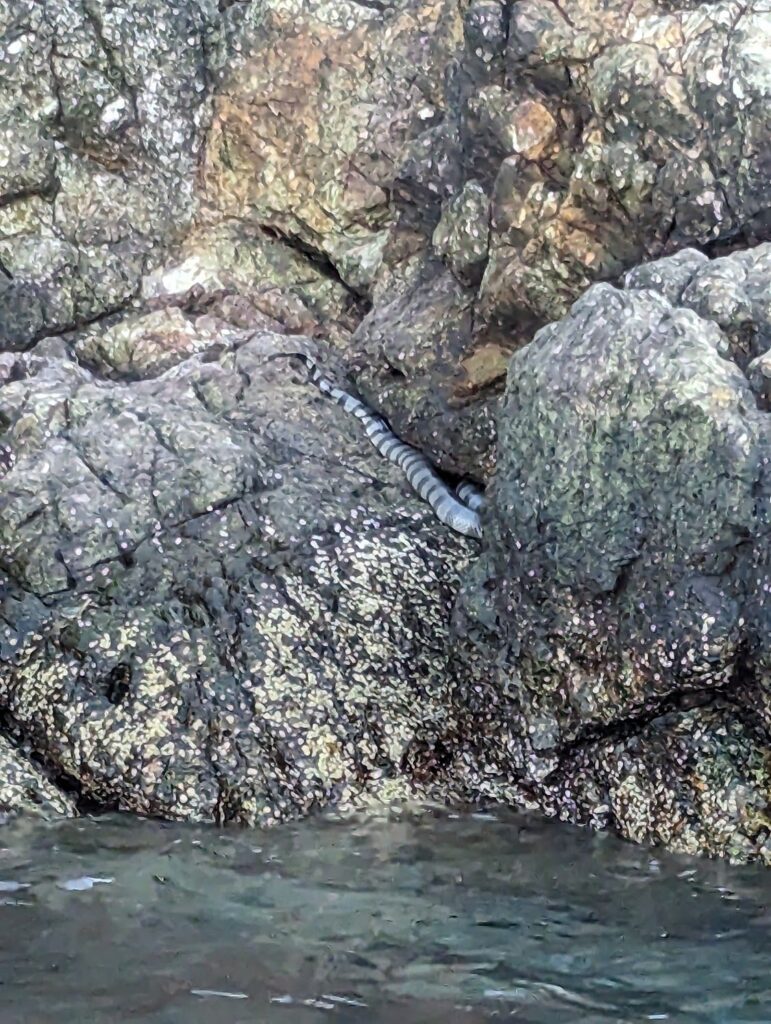
Dear Integral Meditators,
Do you have a question about meditation or mindfulness?
If you have a question about meditation & mindfulness, either that you have been wondering about, or you may have asked people before but not received a satisfactory answer? If so then please send me a message with it to: info@tobyouvry.com. I’d like to start integrating some questions into my articles and videos, and it would be fun to do it with questions from you!
New course coming up: Do check out the mindful self-leadership workshop & six week course that I’ll be putting on over the weekend (the workshop), and then beginning next week (six week course).
And finally, please find below the article relating to this weeks Tuesday & Wednesday class.
In the spirit of mindful questioning,
Toby
Making yourself big
When we get onto some kind of evolutionary path, we start to develop bigger intentions and aspirations. Rather than simply thinking about ourself and our close circle of family and friends in a material and temporary manner, we start to think in terms of benefitting the planet and the evolution of humanity. When this happens it can feel intimidating, ‘What can someone as small as I do in the face of such large forces? Can I really make any kid of significant impact?’
If we continue to identify our ‘self’ as being a small being trapped in a small physical body, then this can indeed feel overwhelming, as there is a mismatch between ‘self’ and ‘goal’. It can be helpful therefore to work on changing our idea of our inner self, and the scale on which it is able to work. A traditional Hermetic meditation technique is to visualize yourself as becoming very big, literally! Here is a source quote from a text called ‘the Corpus Hermeticum’:
“Increase thyself to an immeasurable height, leaping clear of all body, and surmounting all time, become eternal and thou shalt know God. There is nothing impossible to thyself. Deem thyself immortal and able to do all things…become higher than all height, and lower than all Depth…to be everything at the same time in earth and sea and heaven. Think that thou art as yet begotten, that thou art in the womb, that thou art young, that thou art old, that thou has died and art beyond death: perceive all things together…and thou shalt know God. But if thou shuttest up thy soul in thy body, and abasest thyself and sayest ‘I know nothing, I can do nothing, I am afraid of earth and sea, I cannot mount heaven, I know not what I was or what I shall be;’ then what hast thou to do with God?”
The basic idea here is that, if I identify myself as a small, limited, ignorant being, then I won’t leap beyond that limited idea of myself into my true potential. There are a lot of ideas to work with in the quote, but to make it very simple, as you sit in meditation you could imagine your body becoming larger, to the size of the room, then the house, then the apartment block, then your feet on the floor your head above the clouds, then country-size, then Planet size….You can go as big as you want or feels appropriate. As your body expands, feel your consciousness expanding with it, experience your everyday personal worries as insignificant, and yourself as a powerful effector of positive change on a great scale. If you relax and start to experiment with this, you will find your consciousness, and your sense of who you are and what you are capable of will change significantly. If you do it in a positive, balanced way all these changes can be used for the good.
But will I become delusional?
One fear that we may have in doing this is that we will simply become delusional, using this as a way of evading our reality and getting a completely inappropriate sense of who we are and our importance in the world. So of course, everything has to be held in balance here. If we understand the purpose of the exercise is to transcend our limited self-concept, freeing us to work in a way that currently we cannot. Understanding this specific purpose, we can do this exercise safely and get the benefits without falling into any potential dangers. It is also an exercise you can do when your ‘small self’ is simply feeling overwhelmed by life and its challenges. It can change the context of your experience very powerfully for the good.
Enjoy working with your ‘big body!
© Toby Ouvry 2023, you are welcome to use or share this article, but please cite Toby as the source and include reference to his website www.tobyouvry.com
All upcoming classes and workshops at IMA:
Ongoing – Weekly Tuesday, Wednesday Online class schedule
Ongoing on Wednesday’s, 7.30-8.30pm – Wednesday Meditation for stress transformation and positive energy with Toby (Bukit Timah)
Ongoing on Tuesday evenings, 7.30-8.30pm – Tuesday Meditation for stress transformation and positive energy with Toby (East Coast)
Ongoing Tues/Weds, 7.30-8.30pm – Meditations for thriving and energy creation – An eight week course
Saturday June 10th, 9.30am-12.30pm – Mindful Self-Leadership: A Three-hour mindfulness & meditation workshop
Starts Tues/Weds, June 13th/14th – Becoming a self-determining entity – A six-week course in Mindful Self-Leadership
Saturday June 24th, 9.00am-5pm – Taoist Breathwork Day Meditation Retreat
Integral Meditation Asia
Online Courses * 1:1 Coaching * Books * Live Workshops * Corporate Mindfulness Training *Life-Coaching * Meditation Technology


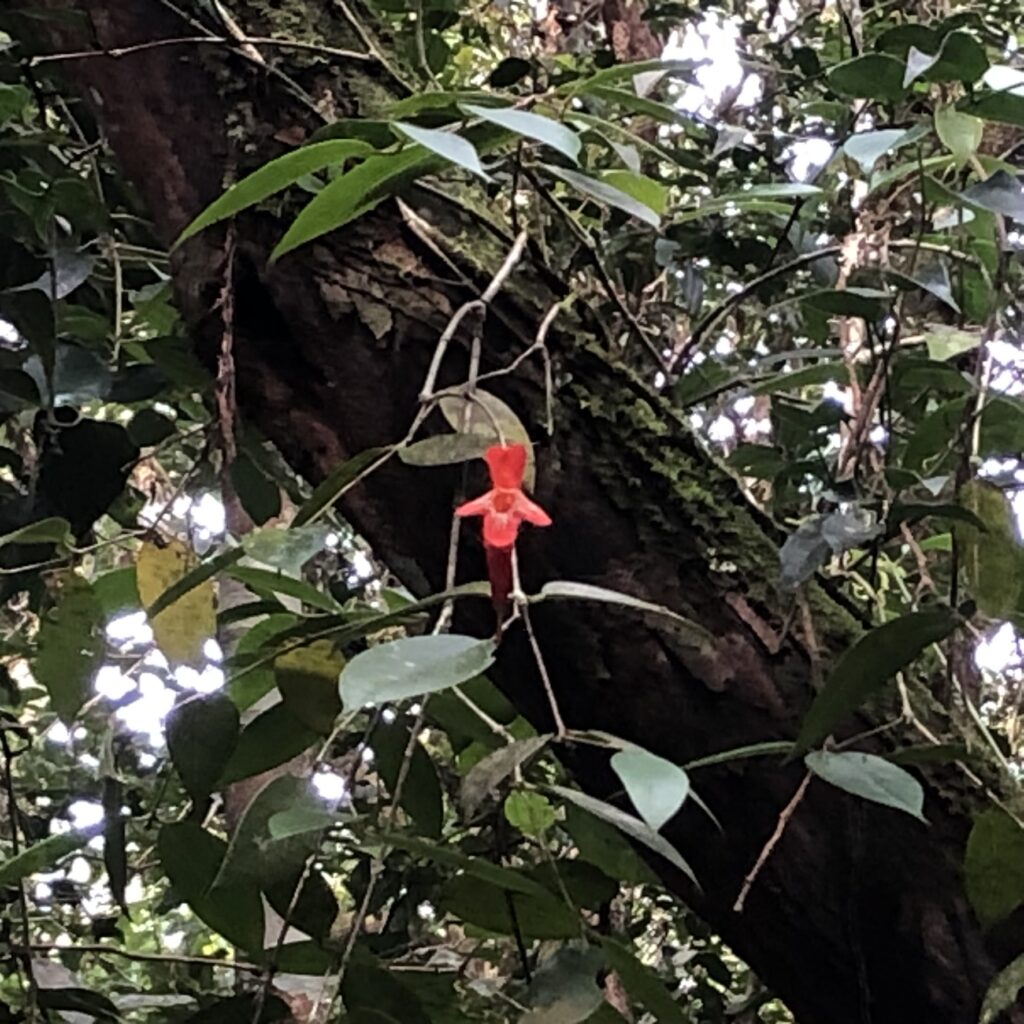
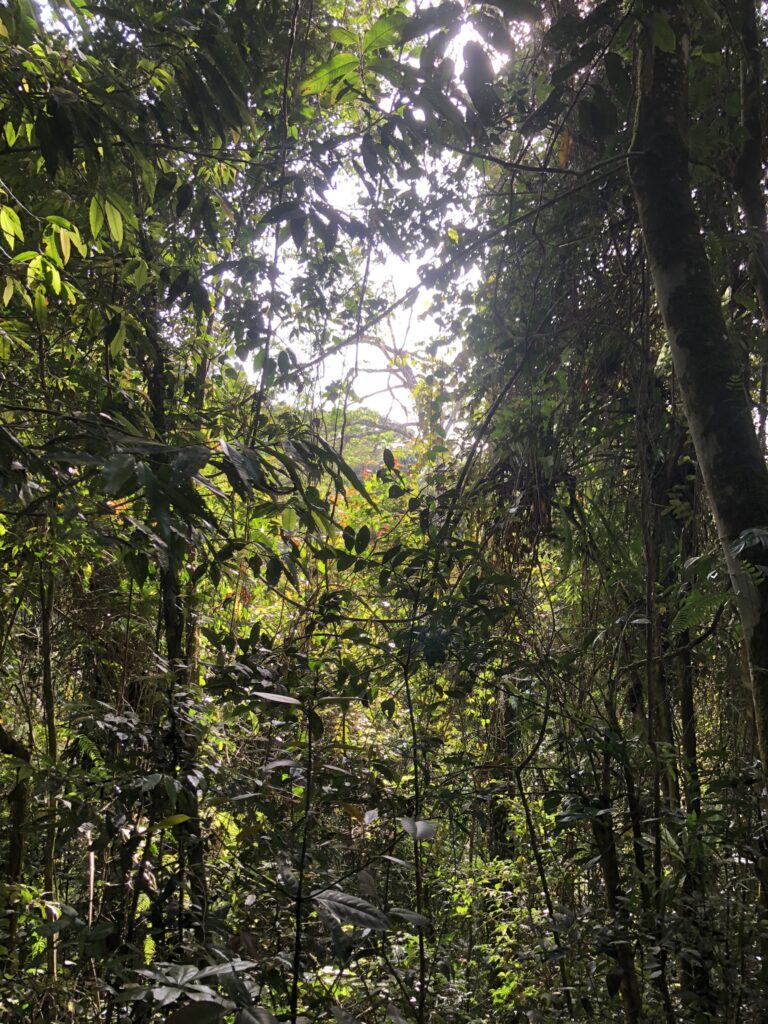
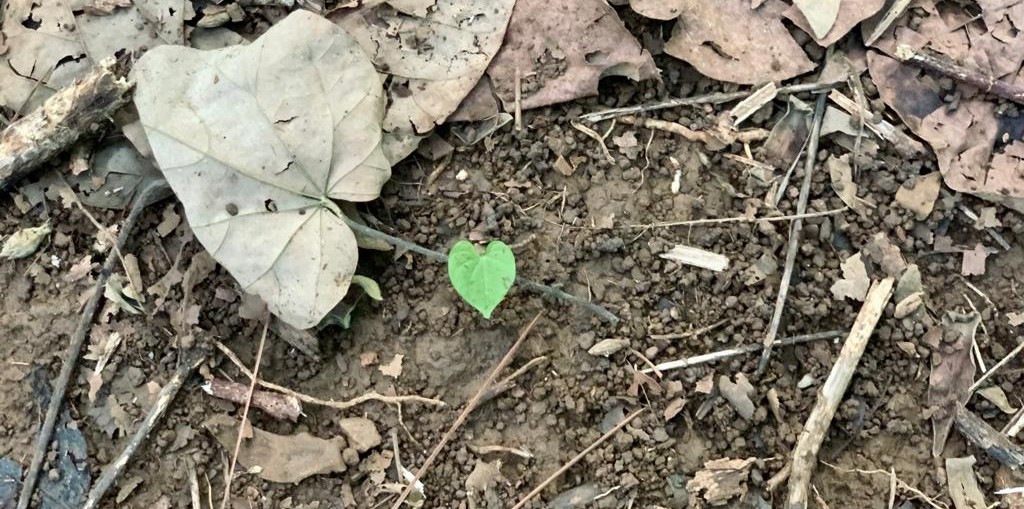
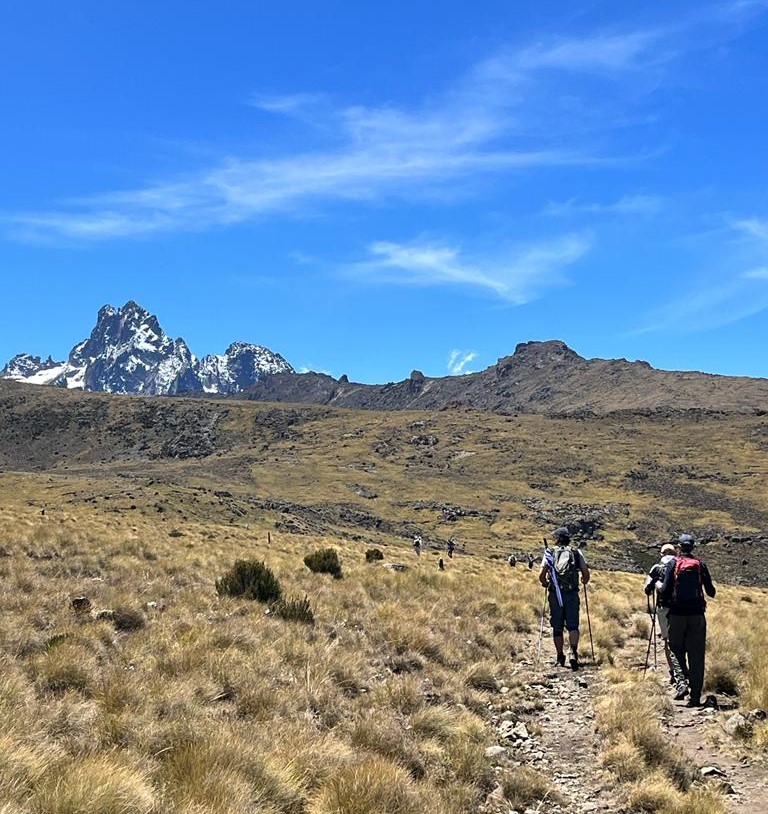
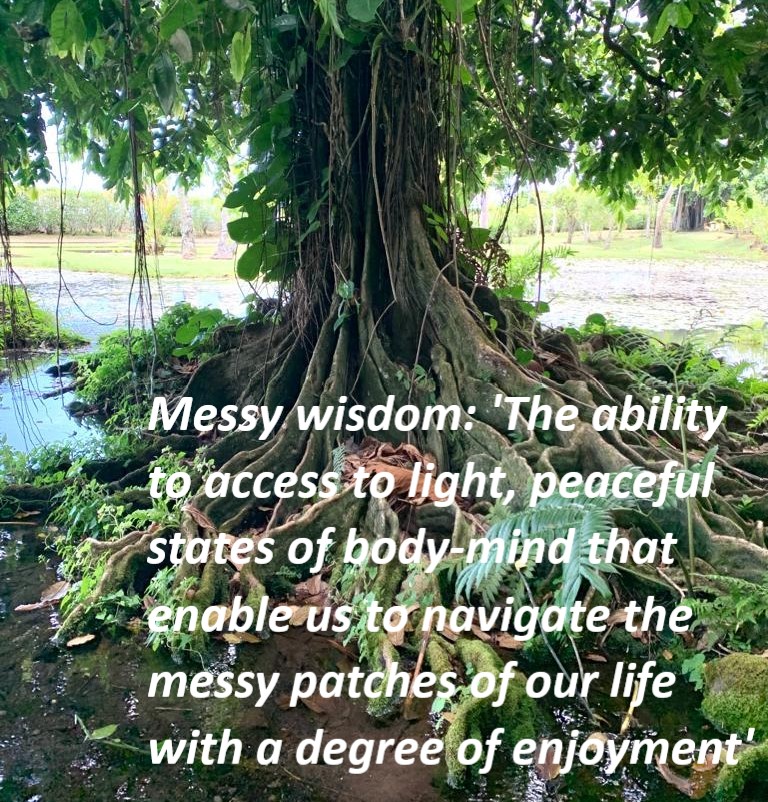
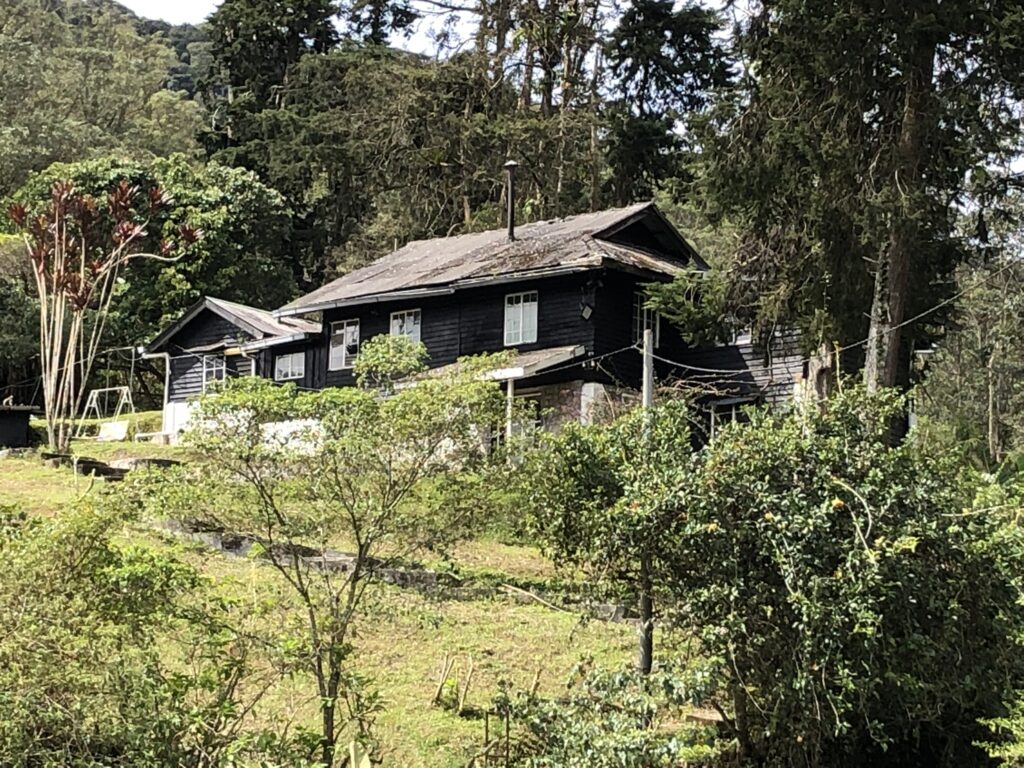
 Dear Integral Meditators,
Dear Integral Meditators,


